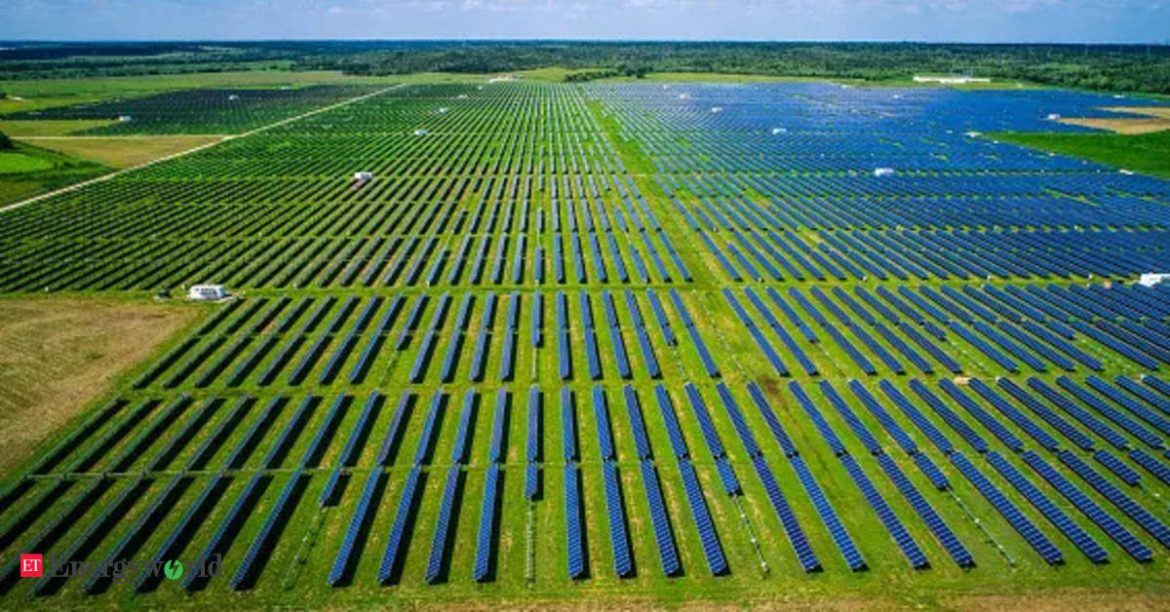As India is concentrating efforts to speed up its green power projects, renewable power companies in the country will now be excluded from government contracts for between three and five years if they do not meet project completion deadlines, a government order seen by reporters shows.
“If any renewable energy project is not completed by the prescribed date of completion, then its bank guarantee should be encashed and the developer blacklisted after asking to show cause,” part of the order issued by the new and renewable energy ministry reads, albeit he ministry did not immediately respond to queries about the policy sent by reporters.
According to the government order, the blacklisting was in accordance with the government’s General Financial Rules and would apply to all tenders, albeit no company has been blacklisted from renewable energy generation contracts for delays.
Meanwhile, for it to sustain commitment to increase its non-fossil fuel capacity to 500 gigawatts by 2030, India needs to install more than 40 gigawatts of capacity annually, that is about 2.5 times the rate of addition in 2022 after renewable energy installations have been hit by disruptions in equipment supply in recent months, due to heavy import duties on solar equipment.
Read also: Minister says France and Spain interested in Amazon Fund
The ministry has allowed several extensions as a result of the most pandemic, with the most recent one been an order given in December 2022 which granted a one-year extension to March 2024 year for the completion of various projects as the government fails to meet its target to achieve 175 GW in renewable energy capacity by 2022 and government data shows green energy capacity currently stands at 121.55 GW.
Big hydro projects make up 46.85 GW of the total while nuclear makes up 6.78 GW of total capacity of 411.65 GW including thermal, the data show.
The energy-hungry country’s thermal capacity – which includes coal and gas-fired generators – accounts for 236.47 GW, or 57.4% of total installations.
Story adapted from Reuters
